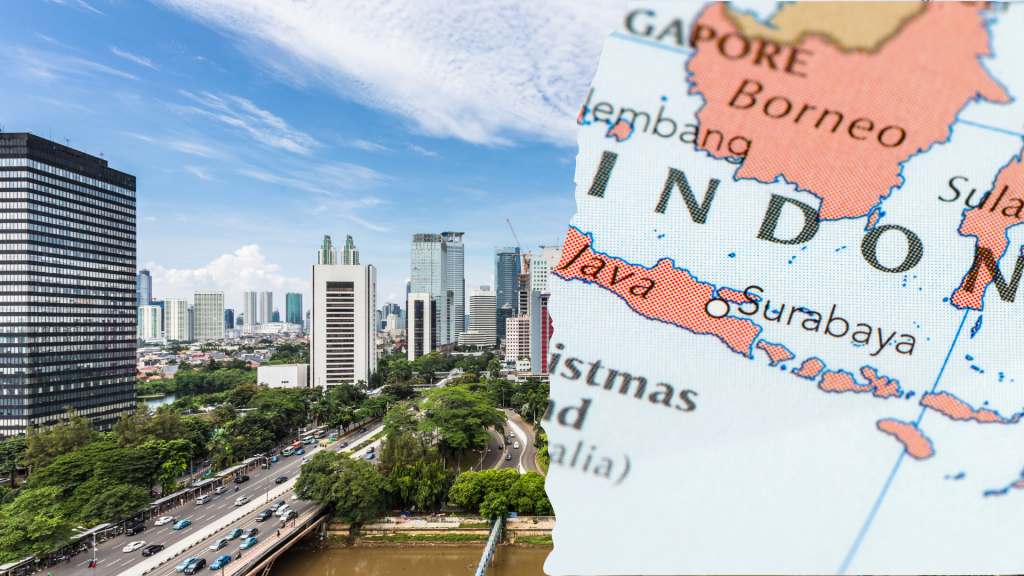Indonesia, with its dynamic economy and population exceeding 270 million, continues to emerge as one of the most attractive markets in Southeast Asia. For Finnish companies, particularly those in bioeconomy, clean tech, food & beverage, and certification sectors, the timing could not be better. However, successfully entering this market requires more than tapping demand—it requires strategic understanding of evolving trade agreements, regulatory changes, certification requirements, and strong local partnerships.
Why Indonesia Matters for Finnish Companies
- Trade deal on the horizon: The EU-Indonesia Comprehensive Economic Partnership Agreement (CEPA) is set to be signed on September 23, 2025. Under this agreement, about 80% of Indonesian exports to the EU will be zero-tariff, with many non-tariff barriers being addressed. Finnish firms would benefit from improved access for their agricultural and manufactured goods.
- Halal market growth: Indonesia’s halal market was estimated at ~USD 279 billion in 2023, with a projected compounded annual growth rate (CAGR) of approx 14.2% up to 2030. Food & beverage remains the largest component, but sectors like modest fashion, cosmetics, pharmaceuticals, and halal tourism are expanding rapidly.
- Regulatory shifts & certification urgency: Mandatory halal certification (or stricter rules) combined with growing consumer awareness means time to prepare is limited. Companies delaying compliance risk costly setbacks.
- Domestic demand & sustainability policy: Indonesia is pushing circular economy policies and green trade regulation, especially within its Halal ecosystem and environmental goods. There is growing incentive to adopt sustainable supply chain practices, clean production, and traceability.
What Are the Challenges?
- Certification complexity: Not all halal certification bodies are equivalent; procedural delays, documentation, and compliance with both local (Indonesia) and export market requirements need to be managed carefully.
- Non-tariff barriers: Even with CEPA, non-tariff measures — rules around labelling, sustainability, environmental impact or restrictions related to deforestation — could remain problematic for some product categories.
- Logistics and supply chain issues: Infrastructure differences, export/import permit delays, transport cost, and local bureaucracy may increase costs and timelines.
- Cultural & market fit: Finnish companies must understand local consumer preferences, distribution channels, branding norms, and how business relationships function in Indonesia. Patience and localized strategy are essential.
Emerging Trends & News to Watch
- CEPA implementation timeline: While the agreement is expected to be initialed by late 2025, ratification and full implementation may stretch into 2026-2027. Early movers who begin preparation now — in terms of compliance, product adaptation, and local networking — will have an advantage.
- Traceability and digitalization: Technologies such as blockchain and AI for halal traceability are gaining attention globally. For producers and exporters, integrating traceability can not only satisfy certification demands but become a differentiator.
- ESG & sustainability standards: EU regulations increasingly emphasize environmental protections (e.g. addressing deforestation, emissions, supply chain transparency). Finnish companies already familiar with such standards can leverage this strength.
- Rise of e-commerce & digital platforms: Indonesia’s middle class and online market are expanding rapidly. Businesses that can adapt to digital distribution, online retail, and modern marketing will find growing sales channels.
Key Statistics
| Metric | Value / Projection |
|---|---|
| Indonesian Halal market value (2023) | ~ USD 279 billion aseanbriefing.com |
| Projected growth of halal market to 2030 | CAGR ~ 14.2% aseanbriefing.com |
| Global halal food market size 2024 | USD 2.63 trillion MAXIMIZE MARKET RESEARCH |
| Global halal food market growth forecast 2025-2030 | CAGR ~ 8.7% finance.yahoo.com |
| Bilateral trade Finland-Indonesia | Part of EU-Indonesia trade around USD 30.1 billion in 2024; Indonesia had a surplus of USD 4.5 billion over the EU Reuters |
How Finnish Companies Can Prepare for Success
- Start compliance early — Prepare for halal certification (local & for export), environmental regulation, and labelling rules.
- Adapt product lines — Adjust formulations, packaging, and value props to match Indonesian consumers’ tastes and regulatory standards.
- Find strong local partners & networks — Distributors, governmental agencies, certification bodies, and local firms with market knowledge are invaluable.
- Leverage Finland’s strengths — Finnish bioeconomy, clean tech, sustainable forestry, regulation experience, and high-quality reputation are assets.
- Monitor trade developments — Stay updated on CEPA, tariff changes, and regulatory reform in both Indonesia and EU.
Indonesia offers enormous potential for Finnish companies that move ahead deliberately. With CEPA’s improvements on the horizon, growing demand for halal and sustainable products, and strong domestic trends in green economy, the window is open — but the time to act is now.
At Green Change Consulting, we help you anticipate changes, manage complexity, and seize the opportunity. Whether it’s market entry planning, certification, compliance, or strategy, I bring the expertise, network, and insight to make your Indonesia entry successful.

